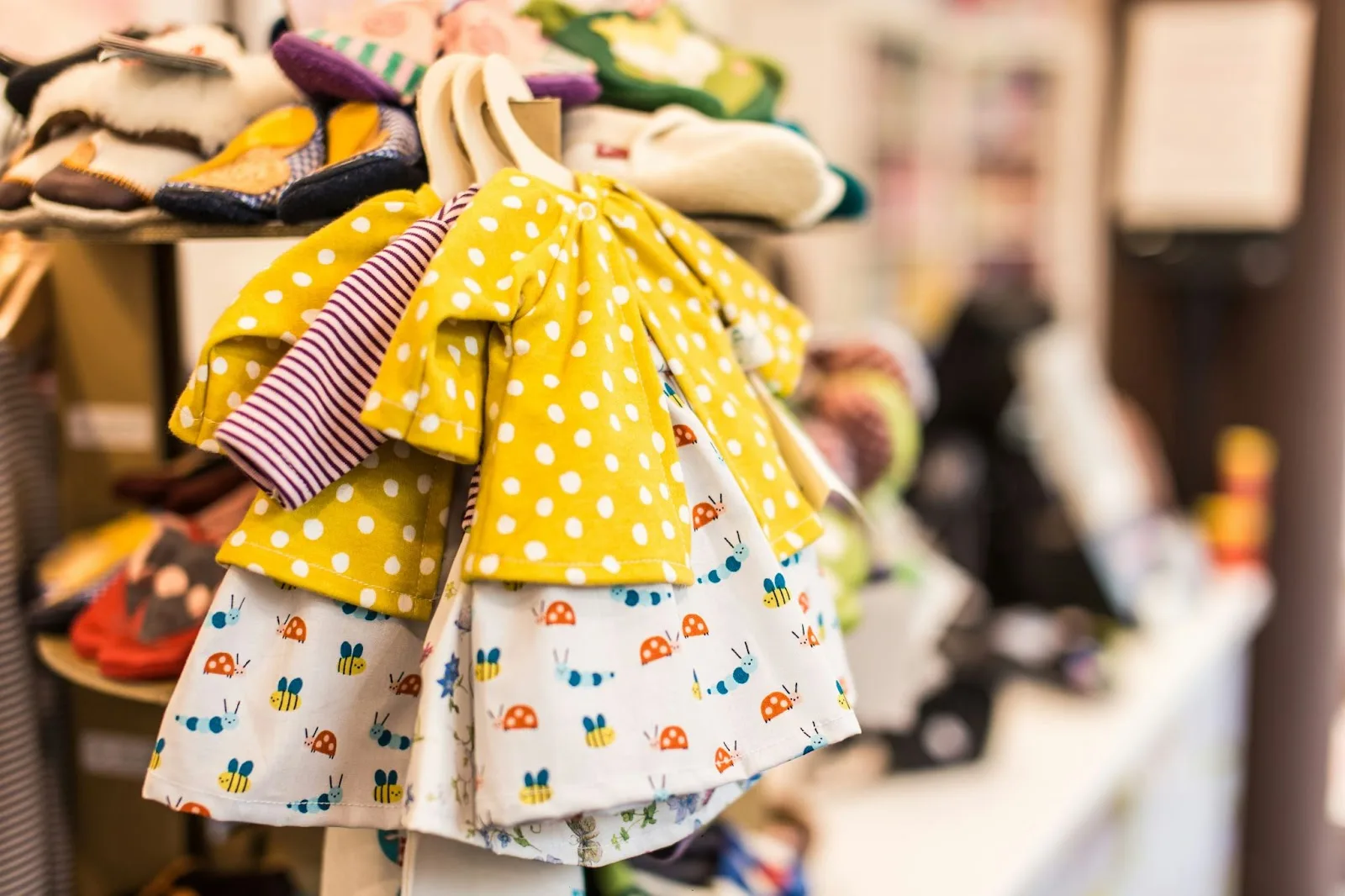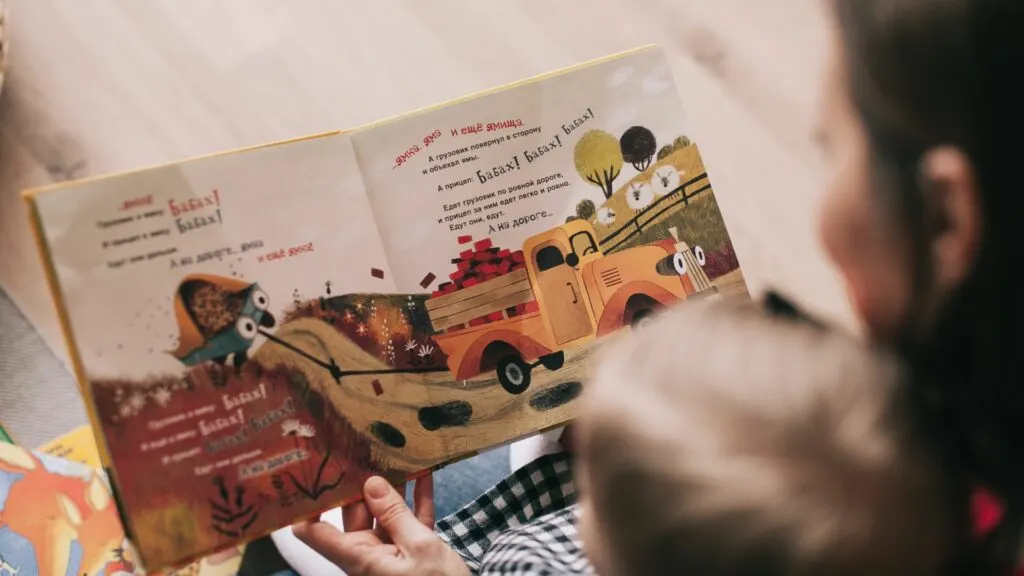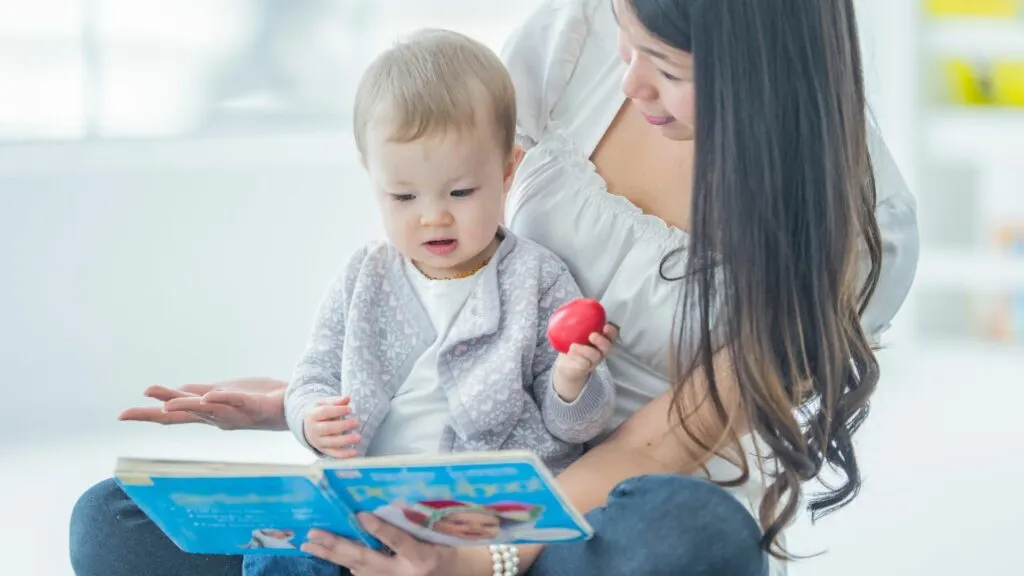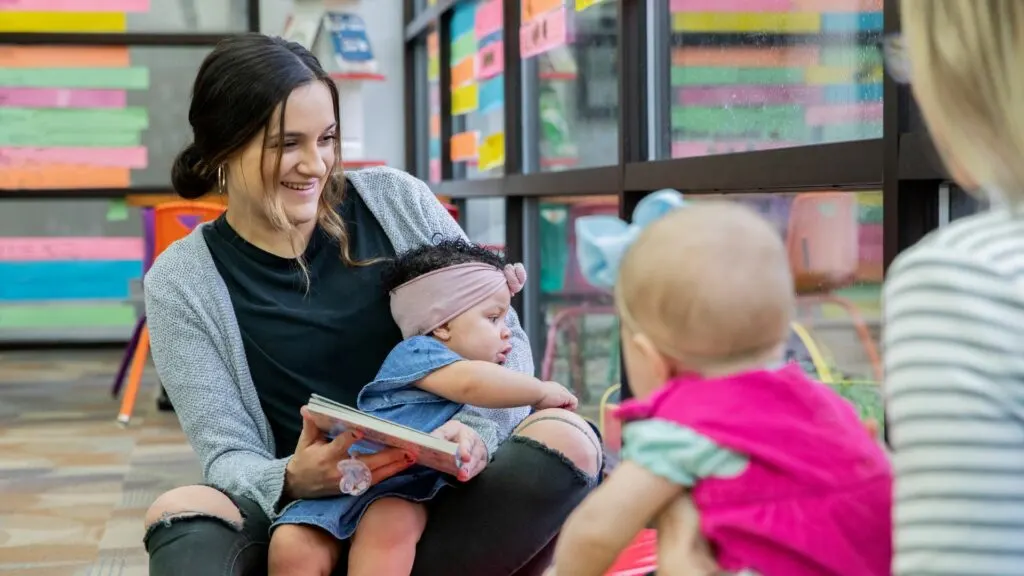Start building a strong foundation with early literacy for babies, fostering a love of learning from the very beginning

Reading to your baby from an early age is one of the most valuable activities you can incorporate into your daily routine. It not only fosters a lifelong love of books but also promotes cognitive development, emotional bonding, and early literacy skills. Establishing a consistent reading habit from infancy can set the foundation for success in language, communication, and learning as your child grows.
As you begin to shape this reading routine, consider creating an environment that complements your parenting values. For eco-conscious parents, dressing your child in organic baby clothes while incorporating sustainable books into the routine can be an excellent way to instill early lessons on health and environmental consciousness. Combining these small yet significant elements can provide a holistic approach to early development.
Why Start Reading Early?

Many parents may wonder if reading to a baby who can’t yet understand words is beneficial. However, research consistently shows that even newborns benefit from being read to. Babies are naturally wired to absorb information, and exposing them to language through books helps build a strong foundation for language acquisition, emotional expression, and cognitive development.
Here are some key benefits of introducing reading early in your baby’s life:
- Language Development
Reading aloud introduces your baby to new vocabulary and language patterns. Babies are auditory learners, and even though they may not fully grasp the meaning of words, they pick up on sounds, rhythms, and intonations. This exposure helps with their understanding of language and builds neural connections in their developing brains. - Bonding and Emotional Development
Reading to your baby creates a special bonding experience. The physical closeness, the soothing sound of your voice, and the comforting repetition of daily reading sessions foster feelings of security and warmth. This emotional connection is essential for your baby’s overall well-being. - Cognitive Skills
Babies begin to recognize shapes, colors, and patterns as they look at the pictures in books. Over time, they learn to associate images with words, boosting their cognitive development. Early literacy activities like these help babies make sense of the world around them and improve their problem-solving skills as they grow. - Building Concentration and Focus
While newborns have short attention spans, regular reading helps gradually increase their focus and concentration. Over time, babies become more engaged with the stories, leading to longer attention spans, which are crucial for learning in the future.
Steps to Create a Reading Routine for Your Baby

Now that we’ve established the importance of early literacy, here are some practical steps to create an effective reading routine for your baby.
1. Start Small and Be Consistent
Begin by reading to your baby for short periods, such as five to ten minutes a day. Newborns and infants have limited attention spans, so starting with brief sessions ensures that your baby enjoys the experience without becoming overstimulated. As your child grows, gradually increase the length of reading time.
2. Choose Age-Appropriate Books
Selecting the right books is key to maintaining your baby’s interest. For newborns, focus on books with high-contrast illustrations or simple, bold patterns. As your baby’s eyesight develops, you can introduce picture books with bright colors, simple text, and tactile elements such as lift-the-flap or touch-and-feel textures.
Books with repetitive language, rhymes, and familiar topics, like animals or daily routines, are particularly effective for engaging your baby. You may also choose books with eco-friendly themes, introducing ideas about sustainability and health from an early age.
3. Make It a Part of Your Daily Routine

Consistency is crucial in creating habits. Incorporating reading into a specific time of day, such as before naps or bedtime, helps establish a predictable routine. Babies thrive on routine, and they’ll soon come to expect and look forward to their daily reading time.
To build even more consistency, try reading in a comfortable, familiar environment like a cozy corner of the nursery. Ensure your baby is dressed comfortably, perhaps in soft, breathable organic baby clothes, which can keep them relaxed and at ease during storytime.
4. Get Interactive
Even though your baby may not understand the words, they can still interact with the book in other ways. Point to pictures, name the objects and use facial expressions and gestures to emphasize the story.
As your baby becomes more responsive, encourage them to touch and explore the pages. Interactive reading stimulates sensory development and engages your baby’s curiosity.

5. Repetition is Key
Babies love repetition, and reading the same books over and over helps reinforce language and cognitive skills. Repetition strengthens memory and helps your baby recognize familiar words and concepts. It also provides comfort, as babies find reassurance in the predictability of hearing the same stories each day.
6. Model a Love for Reading
Children are highly influenced by their parents’ behavior. Show your baby that reading is enjoyable by demonstrating your own love for books. Let them see you reading, whether it’s a fantasy novel or a magazine, and involve them in family reading activities. Babies learn through observation, and modeling this behavior will foster a positive association with reading.
Tips to Keep in Mind

As you develop your baby’s reading routine, here are a few tips to ensure success:
- Keep it enjoyable: Reading should be a joyful experience for both you and your baby. If your baby becomes fussy or uninterested, take a break and try again later.
- Use your voice expressively: Change your tone, pitch, and speed to keep your baby engaged. Babies respond to the melody and rhythm of language.
- Create a reading-friendly environment: Choose a quiet, comfortable spot with minimal distractions so your baby can focus on the story.
The Long-Term Benefits of Early Literacy for Babies
Reading to your baby is a gift that keeps on giving. The benefits of early literacy extend well beyond infancy, setting the stage for academic success, critical thinking, and creativity in later years. Children who are introduced to books at an early age tend to have stronger vocabulary skills, better communication abilities, and a deeper appreciation for learning as they grow older.
By establishing a reading routine in your baby’s early months, you’re giving them the tools they need to thrive in school and life. Along with nurturing their minds through books, providing them with thoughtful, sustainable options like organic baby clothes can enhance their overall well-being, creating a healthy and nurturing environment for them to grow and flourish.
Early Literacy for Babies: Simple Steps to Boost Language and Cognitive Development

Creating a reading routine for your baby is an essential step toward developing early literacy and fostering a love of learning. With consistency, interactive storytelling, and a nurturing environment, you can help your baby build a strong foundation for a bright future.

Jessi is the creative mind behind The Coffee Mom, a popular blog that combines parenting advice, travel tips, and a love for all things Disney. As a trusted Disney influencer and passionate storyteller, Jessi’s authentic insights and relatable content resonate with readers worldwide.
